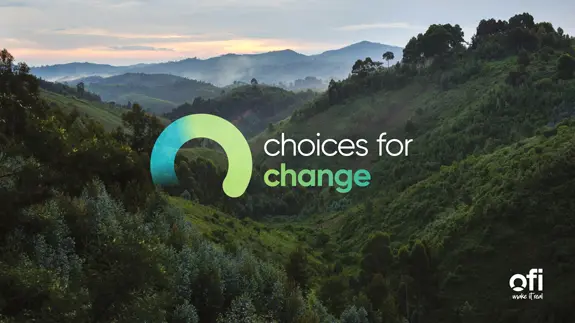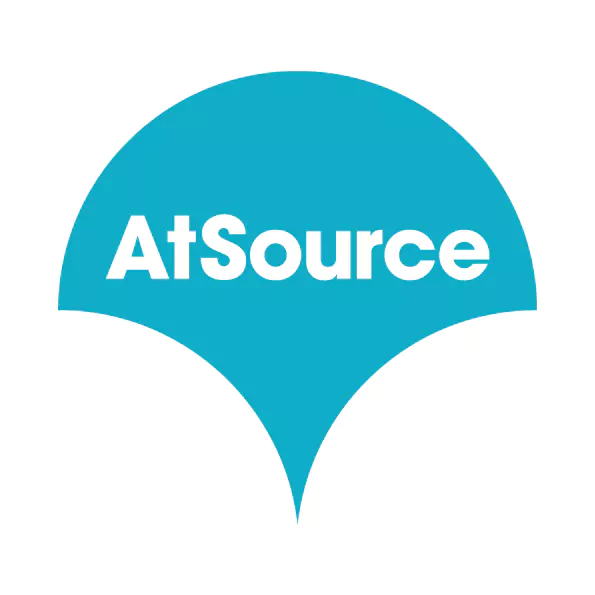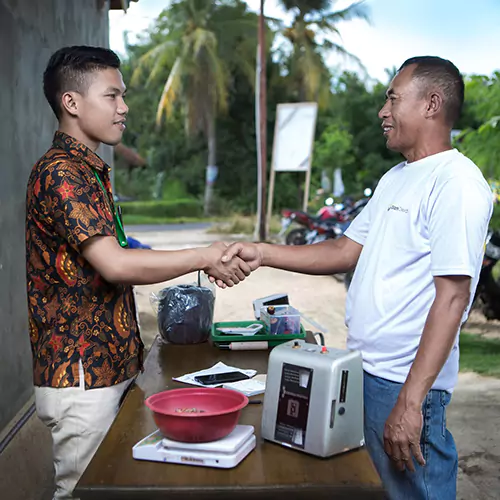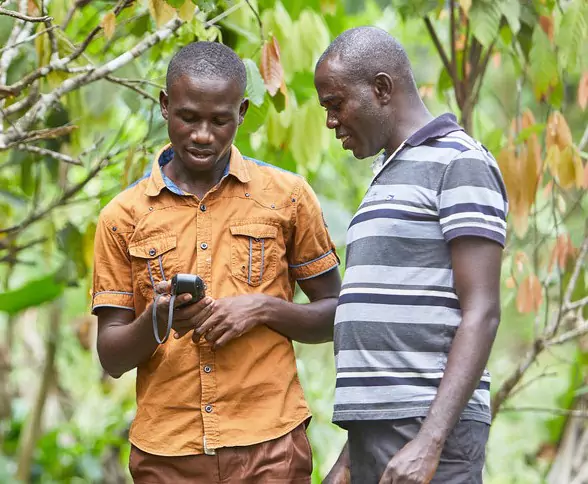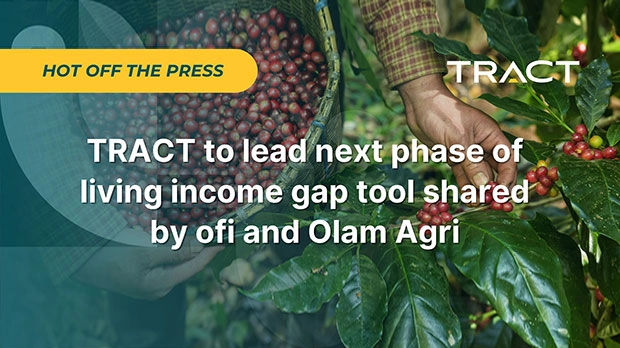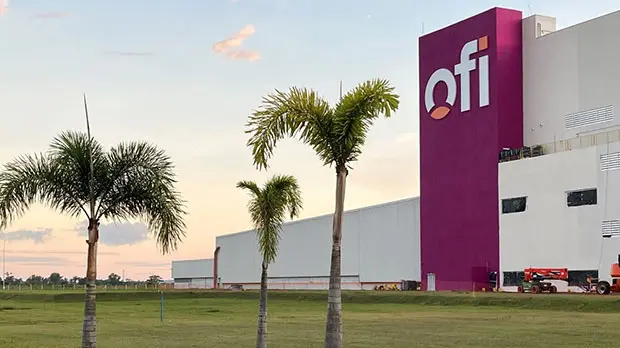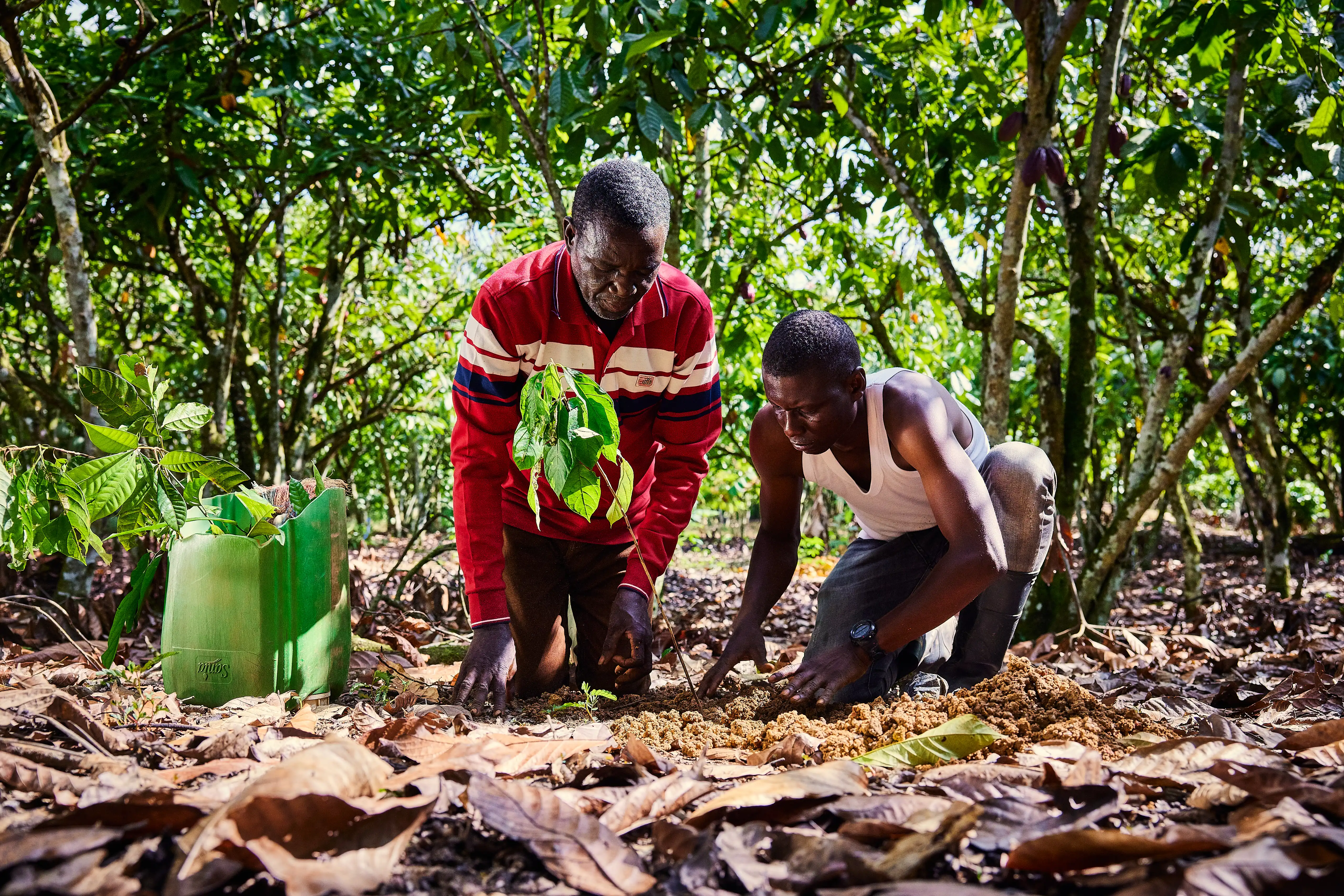TRACT, a pioneering SaaS platform dedicated to enhancing sustainability in agricultural supply chains, is taking on an innovative farmer income estimation tool developed by ofi (olam food ingredients) and Olam Agri to accelerate expansion into this essential aspect of supply chain resilience.
Developed with Netherlands-based Agri-Logic, on an initial idea created with Rainforest Alliance, the tool uses a minimal set of data points based on the Living Income Community of Practice and theAnker Methodology to estimate farmer income without the extensive data collection often assumed necessary. A scenario modeler shows how interventions like yield improvements, smarter fertilizer use, or price changes can help close living income gaps — offering users actionable insights into what initiatives best drive change.
ofi and Olam Agri have deep roots in sustainable sourcing with a track record of working to improve farmer livelihoods across their supply chains and have made sector-leading commitments to advancing farmer income. Their efforts to develop an efficient tool and their willingness to openly share this tool reflects a recognition that cross sector collaboration is a must to see progress at scale on this challenging topic.
“We’re thrilled to work with partners that are thinking innovatively about major sustainability challenges, and willing to share their experience for the benefit of the sector,” said Allison Kopf, CEO of TRACT. “This tool will serve as a springboard, helping us get to an industry-aligned and widely used approach faster.”
The goal is a streamlined approach that delivers faster, more cost-effective insights into farmer income, allowing companies to focus more energy on creating impact and less on duplicative data collection.
This work builds on TRACT’s ongoing work in facilitating pre-competitive alignment on sustainability metrics and methodologies, and embedding those aligned approaches into its platform that enables consistent, practical use across the industry. In this case, TRACT is working in close collaboration with IDH and using the tool from ofi and Olam Agri as a tangible starting point for alignment.
Yves-Pascal Suter, Head of Social Impact at ofi said “Understanding living income gaps is the crucial first step in tackling the complex challenge of helping more farmers have a decent standard of living. Together with Olam Agri, we saw a gap in the market for an effective measurement tool. When combined with our deep-rooted presence within farming communities, it has provided valuable insights into the most effective strategies for partnering to address these gaps and progress towards our goal of enabling 200,000 farmer households to achieve a living income by 2030 under our Choices for Change strategy. We hope that by making it accessible to the broader food and agri sector, it will be refined further and help create a shared approach to improving farmer incomes worldwide.”
“This tool has made it easier to understand farmer incomes in our supply chains, enabling us to lift the incomes of farmer households and reduce living income gaps”, added Julie Greene, Chief Sustainability Officer, Olam Agri. “We look forward to collaborating with others across the sector to strengthen the tool and expand its impact.”
TRACT is inviting companies, NGOs, researchers, and technical experts to take part in the review of the approach and to contribute to broader alignment efforts on farmer income, in collaboration with IDH which is a leading partner in this space. Together, TRACT and IDH aim to advance industry alignment on farmer income measurement across key commodities and ensure compatibility with related data initiatives.
To learn more, reach out to Kumiko Aoki kaoki@tract.eco
TRACT is a leading provider of traceability and sustainability data solutions for the global agricultural supply chain. Our mission is to remove the burden of data management and resolve the debate on methodology so that companies can drive meaningful impact as they navigate their supply chains. For more information about TRACT, visit https://www.tract.eco/

